How do I Begin a Career as a Magician?
Not many careers are as exciting as being a magician; for many people, career happiness comes before fame or wealth. Magicians are considered natural performers; their feats might appear to be nothing short of miraculous, mainly if they are gifted.
Types of Magicians
If you desire to perform in this field, it's worth learning about the many sorts of magicians to decide what kind of performance you want to be. Some magicians are better suited for individuals who are just getting started, while others demand specialized training and more expertise.
Virtual magician: Online magic tricks are performed by virtual magicians. The magician can upload tricks on video sharing websites or can set up interactive magic sessions online. or upload tricks to video-sharing websites.
Children's magician: Some magicians may focus on a more accessible, kid-friendly style of magic. Children's magicians usually appear at children's events or other gatherings where there will be a young audience.
Animal magician: Animal magicians do magic using a variety of animals, such as the well-known technique of summoning doves. Larger animals are the focus of other animal magicians, including Siegfried and Roy's tiger shows. Due to the possibility or perception of animal cruelty, they may be the focus of intense scrutiny.
Mentalist: Magic is created by mentalists or in live magic show through mental acrobaticsThey might wow their audiences by giving the appearance of having great memory or mental aptitude. Several types of mentalists include clairvoyants, mind readers, and hypnotists.
Card magician: Card magicians use playing cards to perform tricks. Other categories, like illusions or street magic, may include these feats. Contrary to common assumption, not all card tricks are straightforward; some are highly clever and require much expertise.
Illusionist: illusion magicians frequently act in front of sizable audiences, such as on stages or during shows. They may have a crew or helper to aid them while they perform magic using elaborate tricks, setups, and deception.
Comedy Magician: In some ways, comedy magicians are the opposite of unusual. In addition to awe, they want to use magic to encourage humor and surrealism.
Strolling Magician:- A specific sort of close-up magic known as "strolling magician" involves the magician or mentalist mingling with the audience while giving brief sets for small groups of 2 to 15 minutes in duration.
Steps to Become a Magician as a Profession
It takes considerable planning to transition from an unprofessional magician to a professional magician, where you might dazzle your spouse or parents at the dinner table. It might be a competitive environment, so you need to be sure you're ready for an arduous ascent to the top.
Develop a persona:- Every magician has a persona, so you should always strive to develop yours. Consider the emotions you want the audience to experience while they watch you play, as well as the approaches, styles, and values that feel most natural to you. Create a name and clothing style based on these components of your unique brand.
Research the profession:- A professional magician's life should be thoroughly researched by aspiring magicians. Magic as a profession is highly unexpected, and like many entertainment careers, it takes an arduous grind to make it a fulfilling and lucrative one.
Preparing to perform in front of an audience:- You will need to perform in front of sizable crowds if you want to succeed as a magician. This implies you'll need to practice performing acts with assurance, even in front of skeptical crowds and jeers. Additionally, you'll have to confront the possibility that occasionally a trick won't succeed and learn how to recover from it while performing.
Work hard on your presentation skills:- Only half the battle is won while performing in front of an audience. For stagecraft and presentation, magicians must have exceptional communication abilities and inherent charisma. Your ability to perform magic tricks on stage, where precise motions, precise instructions, and impeccable timing are frequently required, is crucial. Therefore, you will perform better the more you practice your presentation skills.
Frequently Asked Questions
Q1. Can I become a magician?
A. You could become a professional magician if you enjoy consistently wowing crowds. To get to more intricate illusions, you'll also need to start mastering basic tricks. Start by studying easy-to-learn yet powerful tricks like a coin, card, and misdirection.
Q2. Is it difficult to become a magician?
a. Magicians are considered natural performers; their feats might appear to be nothing short of miraculous, particularly if they are gifted. This professional option requires a lot of effort to pursue. The path to success is challenging to master and difficult to traverse, just like many careers in entertainment.
Q3. What can a magician do?
A. Magicians perform illusions to mystify and amuse audiences. They do traditional tricks like pulling a rabbit out of a hat or making a handkerchief vanish using rapid hand motions and several different methods. They frequently employ props like illusion boxes, scarves, playing cards, and coins.


